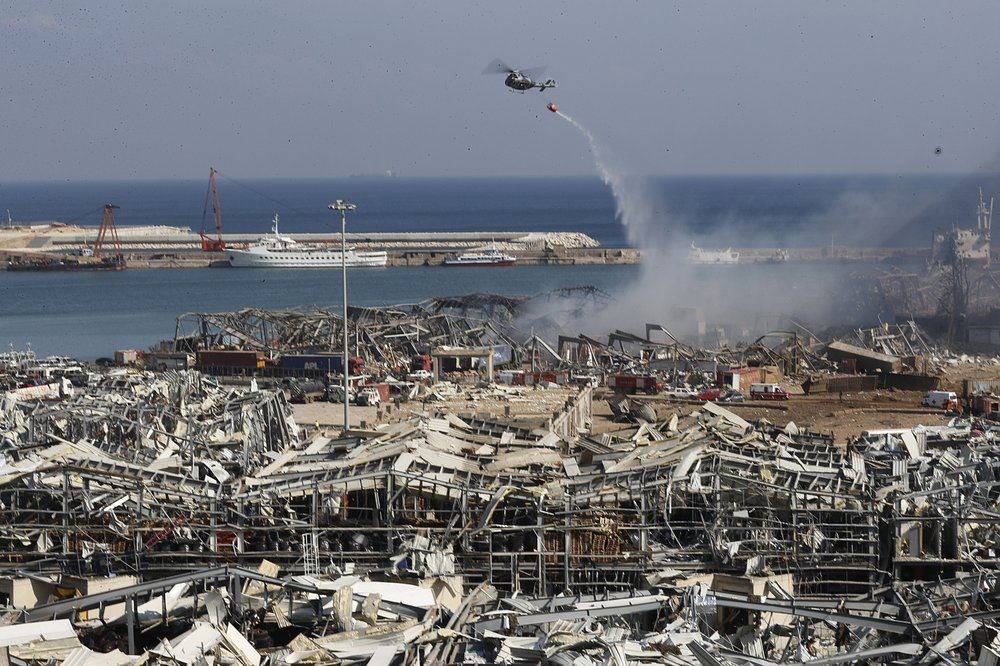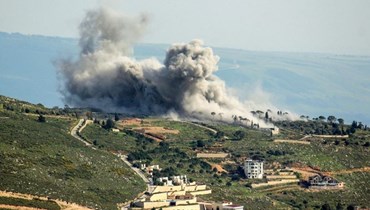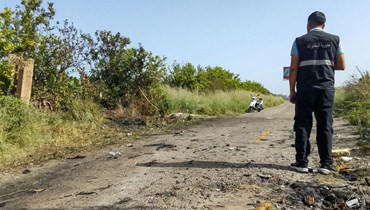Lebanon’s food security under threat
BEIRUT: In the wake of the civil unrest, restrictions on access to foreign currencies, and the outbreak of coronavirus and its containment measures, a new danger is stalking Lebanon: Food insecurity.
In its latest report, ESCWA reported on the threat Lebanon’s food security is facing noting that over 50% of the population in Lebanon might be at risk of failing to access basic food needs by the end of 2020.
While Lebanon relies heavily on food imports, the Beirut blast that destroyed a significant part of the port is expected to worsen the food security situation. Given that the port is the main logistical point for the entry and exit of goods. The blast destroyed the grain silos and severely damaged the central drug warehouse.
The explosion has made around 300,000 people homeless, and 50,000 residential and economic units have been heavily damaged. The large grain silos have been mostly destroyed, leaving Lebanon with flour reserves estimated to last between 4 to 6 weeks only. Lebanon imports around 85% of its wheat consumption.
The purchasing capacity of the middle class has been considerably eroded, and personal remittances, which amounted to $7.4 billion in 2019 and constituted about 14% of GDP, are expected to drop in 2020 by 23.4-36%, based on the value-at-risk analysis conducted before the blast.
The report also explains that among the foreseen consequences is the increase of household food expenditure share which is expected to reach 85 % for the most vulnerable.
The cost of production increased by more than 50% for various agricultural systems, and local farmers losing around 30% of their perishable products owing to low post-harvest technical skills and lack of adequate infrastructure is also among the concerns raised in the report.
ESCWA called on the Lebanese Government to take immediate action to prevent a food crisis, while offering opportunities for local investment in the agriculture sector, and recommended to follow certain policies:
- Rebuilt and rehabilitate food security national assets
- Reduce food prices and target food assistance
- Strengthen local food systems
- Review agricultural trade


 اشترِك في نشرتنا الإخبارية
اشترِك في نشرتنا الإخبارية












